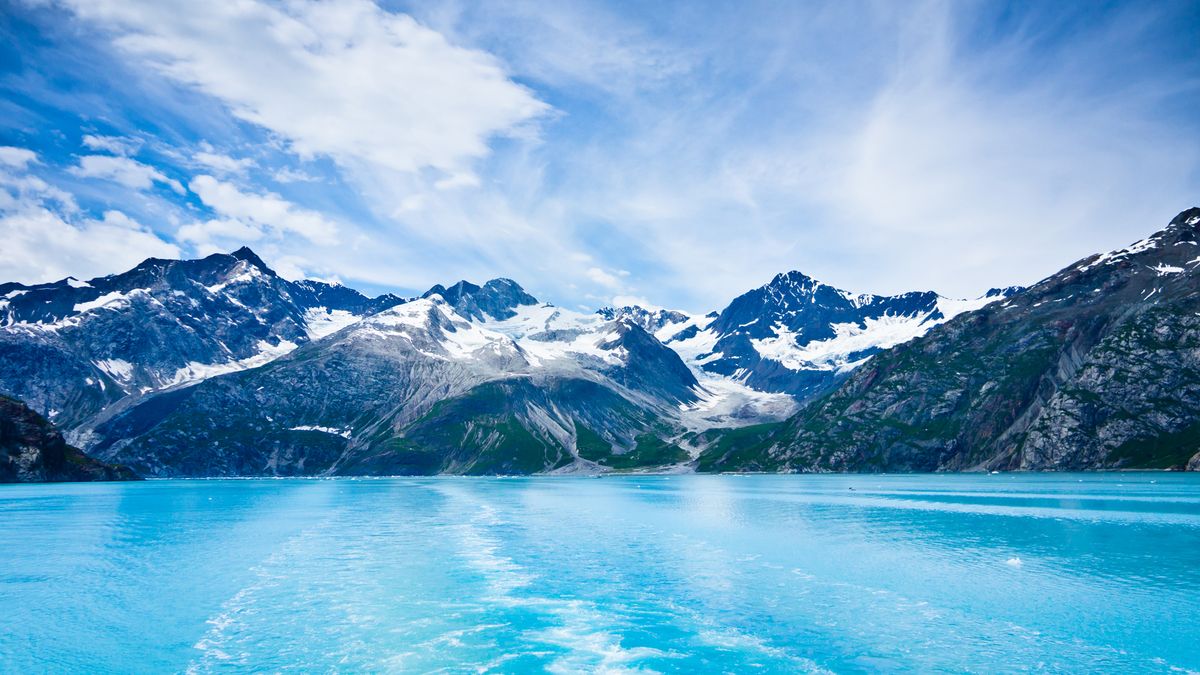The state of cannabis in the 49th state
While legal status has changed, the culture of cannabis in Alaksa remains true to community, nature

Because of its size, climate, and separation from the “Lower 48,” many of us look at Alaska with amazement and curiosity, mainly because we don’t know much about it! This is especially true when it comes to cannabis.
Like every state, the story of cannabis in Alaska is unique and wandering. It is one of 11 states that currently allows for adult-use cannabis, but it periodically had legal status well before 2014.
Even Harry Anslinger, the noted anti-cannabis commissioner who called marijuana “as harmful as a rattlesnake,” testified before Congress in 1937 that he wasn’t sure if Alaska had any cannabis laws at all.
Here are the highlights of Alaska’s complex cannabis history:
1960s: Many Alaskans used cannabis as an act of social protest. This rebellion was served fueled by an underground system of sophisticated indoor and outdoor (summer) grows.
1972: Citizen Irwin Ravin was arrested for possession and he successfully sued, though the verdict took three years to achieve. Two weeks before Ravin’s verdict, the courts separately ruled in favor of cannabis decriminalization (1 ounce or less resulted in a fine).
1982: Cannabis fines were dropped.
1989: A statewide petition circulated to make cannabis illegal again. Measure 2, which recriminalized cannabis, passed in 1990 with 54.3% of the vote; 8 ounces or less resulted in a 90-day jail sentence and a $100 fine.
1998: Public opinion shifted again when medical cannabis was approved by 59% of voters, which allowed possession of up to 1 ounce and up to 6 plants for personal grow. For the next 15 years there was a tug of war between bills criminalizing pot and allowing for legal adult use.
2014: A recreational adult use measure passed with over 53% of the vote. This measure allowed for the development of state-regulated dispensaries, and possession of up to 1 ounce and the growth of six plants. Alaska became the third state to legalize adult use after Colorado and Washington.
2019: The Last Frontier became the first state to approve cannabis use in retail locations. Consumption areas must be separated from purchasing areas with a secure door, and have a separate ventilation system or be outdoors. Alaska’s Marijuana Control Board approved the first applications for on-site consumption to two locations, GoodSinse LLC, in Fairbanks and Cannabis Corner in the Ketchikan Gateway Borough, in early 2020.
It’s against this tangled and ever-evolving cannabis tapestry that recreational cannabis retailer Enlighten Alaska finds itself a valued member of the Anchorage community today.
Enlighten is a close-knit family business started in 2017 by Jane Stinson and her children Leah Levinton and Evan Levinton. Enlighten prides itself as being a place of education and wellness.
While Enlighten Alaska has knowledgeable budtenders, the shop has gained a reputation as a place that welcomes novice and first-time users wanting to learn how to use cannabis safely and effectively. This ethos stems largely from the staff that’s actively in involved in yoga, exercise, outdoor sports, and community events. Their clientele sometimes asks such questions as, “What’s a good yoga strain?” or “What’s good to smoke before a hike?”
Like other states, Alaskan dispensaries sometimes struggle with unrealistic state regulations. One example is that manufacturers of concentrates must choose a specific product name when they fill out an application, and all future product must be sold under that name, even if the product changes. Mandates like this can hamper innovation and may lead to inaccurate product labeling.
But the future for Enlighten looks bright as the company focuses on compliance and community engagement. This spring, they are raising funds for a youth shelter by collecting money from their customers for a month with a plan to match donations. This activism is even more impressive given that cannabis businesses are not eligible for tax deductions for charitable donations.
This sense of giving and community is what keeps cannabis special in Alaska and keeps the staff at Enlighten busy and fulfilled. These are the kinds of stories that the cannabis industry needs!